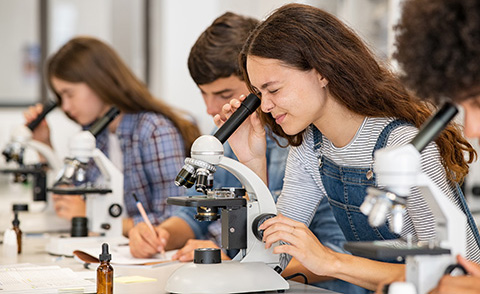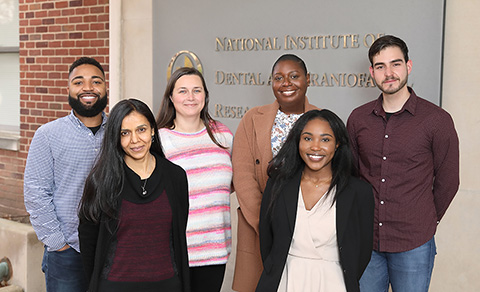NIDCR seeks to foster a well-trained, innovative, and robust workforce in dental, oral, and craniofacial research. To do so, the institute provides training and career development opportunities at every career stage, from high school students through faculty members and clinicians.
Learn About Careers in Dental Research
NIDCR Training Award Recipients
Meet our research fellows, read about their backgrounds, and learn about their current research in the following categories:



